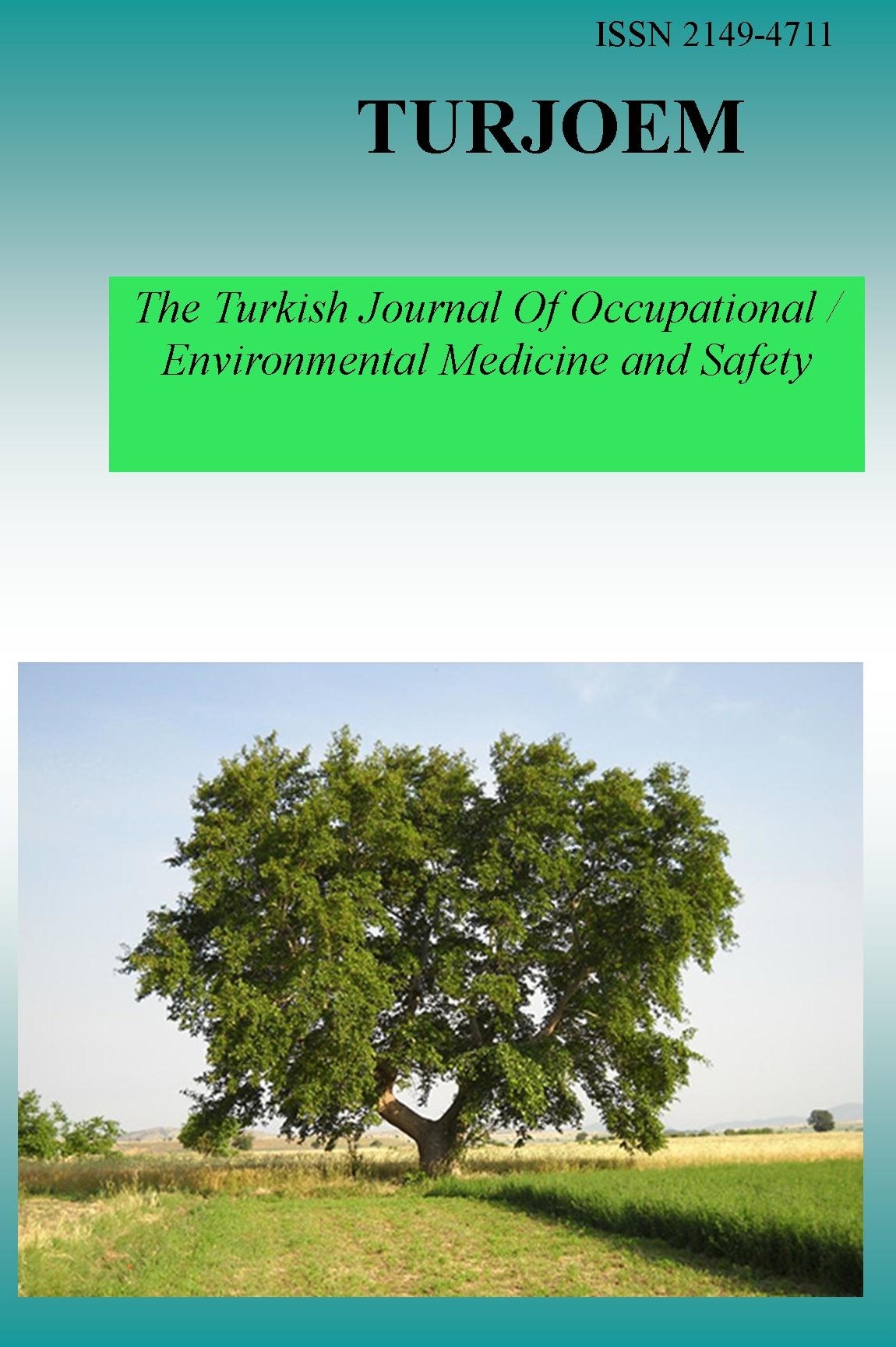ANALYTICAL METHODS FOR THE DETECTION OF PERSISTENT ORGANIC POLLUTANTS IN COMPLEX ENVIRONMENTAL SAMPLES
ANALYTICAL METHODS FOR THE DETECTION OF PERSISTENT ORGANIC POLLUTANTS IN COMPLEX ENVIRONMENTAL SAMPLES
___
- Ayhan FILAZI, Begum YURDAKOK-DIKMEN Department of Pharmacology and Toxicology, Faculty of Veterinary Medicine, Ankara University, Turkey.
- ISSN: 2149-4711
- Başlangıç: 2015
- Yayıncı: Engin TUTKUN
THE POTENT CYTOTOXIC AND GENOTOXIC EFFECTS OF THE MYCOTOXIN OF FUSARIC ACID IN VITRO
Sevcan MAMUR, Deniz YÜZBAŞIOĞLU, Fatma ÜNAL, Serkan YILMAZ, Turgay TEKINAY, Esra ERIKEL
Yasemin KARTAL, Zeliha KAYAALTI, Dilek Kaya- AKYÜZLÜ, Fezile ÖZDEMİR, Tülin SÖYLEMEZOĞLU
Günnur ORHAN, Selçuk Salim ERDOĞAN, Taşkın ATAK
PHTHALATES TOXICITY AND ITS DETERMİNATION METHODS IN BIOLOGICAL AND ENVIRONMENTAL SAMPLES
Asma BAHRANIFARD, Ali Akbar MALEKIRAD, Samira SHAHRJERDI, Zeynab KIANI, Kobra RAHZANI, Mohammad ABDOLLAHI
ARTIFICIAL NEURAL NETWORKS FOR FORECAST OF THE AMOUNT OF HEAVY METAL
DRUG-RELATED DEATHS AND MORTALITY OF DRUG USERS IN TURKEY: A RETROSPECTIVE STUDY
DYNAMIC DISULFIDE/THIOL HOMEOSTASIS IN FIREFIGHTER’S LUNG DISEASE DETECTION
Meşide GÜNDÜZÖZ, Ceylan BAL, Sultan Pınar ÇETİNTEPE, Murat BÜYÜKŞEKERCİ, Murat ALIŞIK, Serpil ERDOĞAN, Servet Birgin İRİTAŞ, Hınç YILMAZ, Engin TUTKUN, Özcan EREL
CYP1B1 AS A THERAPEUTIC TARGET FOR ANTICANCER DRUGS
Elif INCE, Alev TASCIOGLU, Çigdem KARAASLAN, Natalia BILARDI, Sibel SUZEN, Hande Gurer ORHAN
THE EFFECTS OF HIGH DOSE PARACETAMOL ON THYROID FOLLICULAREPITELIAL CELLS IN RAT
Banu EREN, Sare SOLMAZ, Zafer EREN, Sevcan MERCAN, Dilek SAĞIR, Burcu YILMAZ
